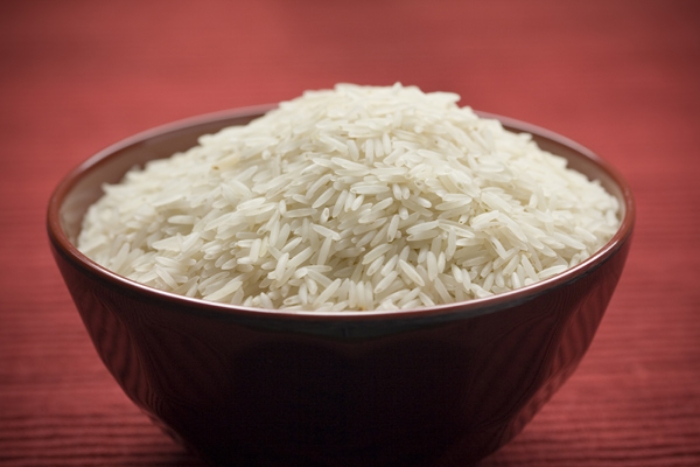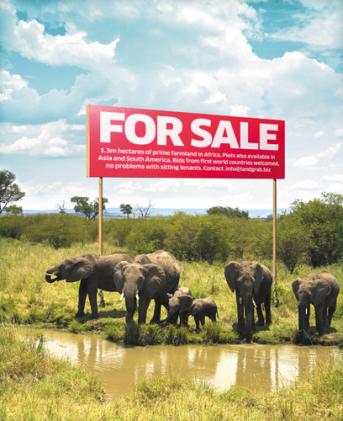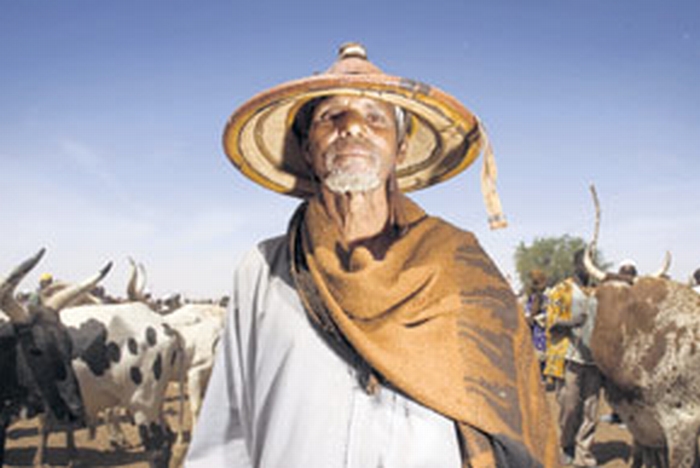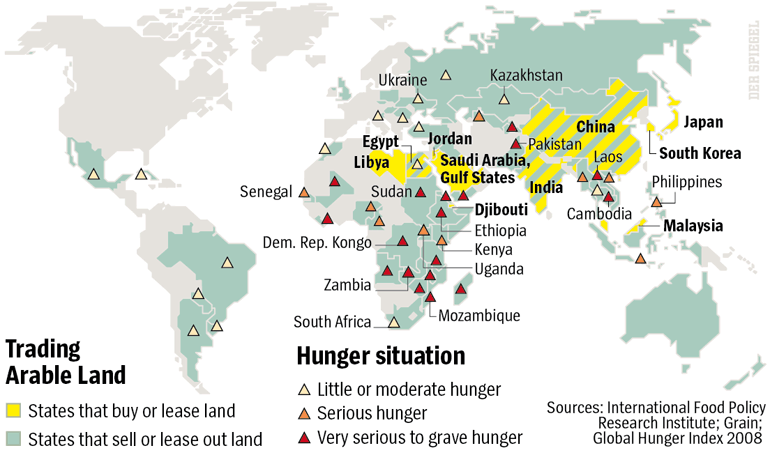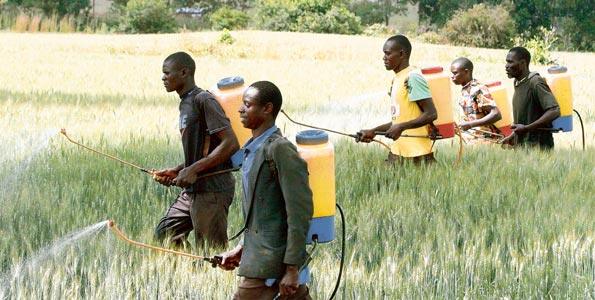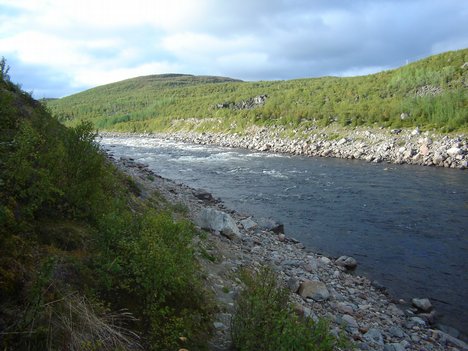Call for GCC 'land grab' policy to stop - experts
- Arabian Business
- 07 September 2009
Agricultural experts have called for a halt to moves by Gulf investors to snap up foreign land, amid claims that poor nations are losing much-needed farmland in a calculated land grab.




